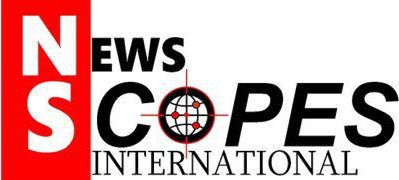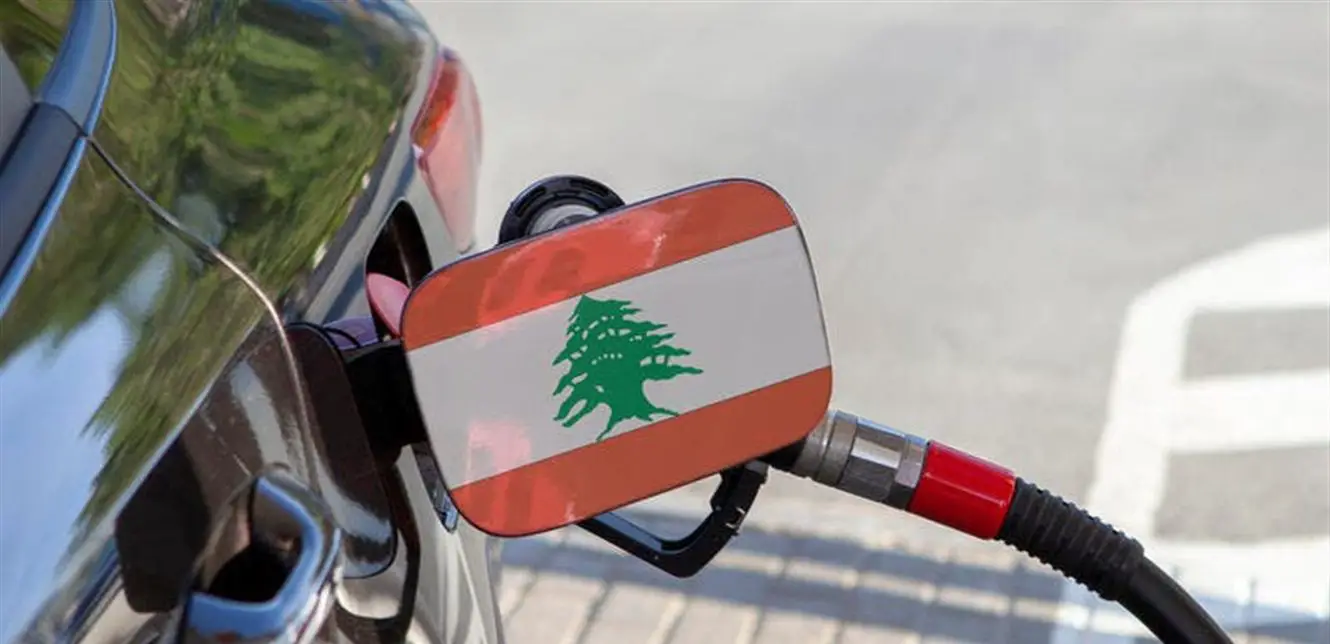**مخاوف حول استقرار قطاع المحروقات في ظلّ التحديات الراهنة**
يواجه قطاع النفط في لبنان مخاوف متزايدة نتيجة التحديات المتفاقمة، خاصة مع الحديث عن حصار محتمل تفرضه إسرائيل عبر البرّ والبحر والجو. وأثار استهداف طريق المصنع الرابط بين لبنان وسوريا المزيد من القلق كونه يشكّل الشريان الأساسي لربط لبنان بالعالم العربي.
فادي أبو شقرا، ممثّل موزعي المحروقات في لبنان، أعرب عن قلقه من التطورات المستقبلية قائلاً: “نحن قلقون من الوضع الراهن، حيث شهدنا تراجعًا في أعداد البواخر التي كانت تصل إلى لبنان”.
وفي تصريح له لـ “ليبانون ديبايت”، نفى أبو شقرا وجود أي قرار رسمي بامتناع الشركات الأجنبية عن تصدير المحروقات إلى لبنان، موضحًا أن الأوضاع ما زالت طبيعية حتى اللحظة، ولكن الخشية تكمن في ما قد يحمله المستقبل من تحديات.
وأشار أبو شقرا إلى أن المشكلة الحالية تتعلق بارتفاع تكاليف التأمين على البواخر المتجهة إلى المنطقة، ما يثير توجس بعض الشركات. ورغم هذا، أكد أن “القلق لا ينبع من نقص المحروقات في السوق المحلي، بل من احتمال تفاقم الأزمة بشكل أكبر في المستقبل”.
وعند الحديث عن المخزون، امتنع أبو شقرا عن التطرق إلى تفاصيل دقيقة، مشيرًا إلى أن الوضع مرتبط بتوازن العرض والطلب على المحروقات. وفي ظل هذه الظروف الصعبة، دعا أبو شقرا إلى حماية لبنان من المزيد من التدهور.
المصدر: ليبانون ديبايت
**Concerns Over Oil Supply Amid Growing Challenges**
Lebanon’s oil sector faces increasing uncertainty as challenges continue to mount, particularly with the looming threat of an Israeli-imposed blockade by land, sea, and air. The recent targeting of the Masnaa border crossing, which connects Lebanon to Syria and the Arab world, has intensified worries.
Fadi Abu Shakra, the representative of Lebanon's fuel distributors, expressed his concerns about the future, saying: “We are deeply worried about the current situation, as the number of ships arriving in Lebanon has significantly decreased.”
In an interview with “Lebanon Debate,” Abu Shakra denied reports that foreign companies are halting fuel exports to Lebanon, affirming that “things remain normal for now, but the real fear lies in what the future may hold.”
He clarified that the main issue currently facing the sector is the rising insurance costs for ships heading to the region, which has led to hesitation from some companies. Despite this, Abu Shakra reassured that “the concern is not due to a shortage of available fuel in the market but rather from the possibility of a worsening crisis in the future.”
When asked about the fuel stock, Abu Shakra refrained from discussing specifics, noting that the issue depends on the balance between supply and demand. Amid these challenging circumstances, he hopes for Lebanon's protection against further deterioration.
translated by economyscopes team







